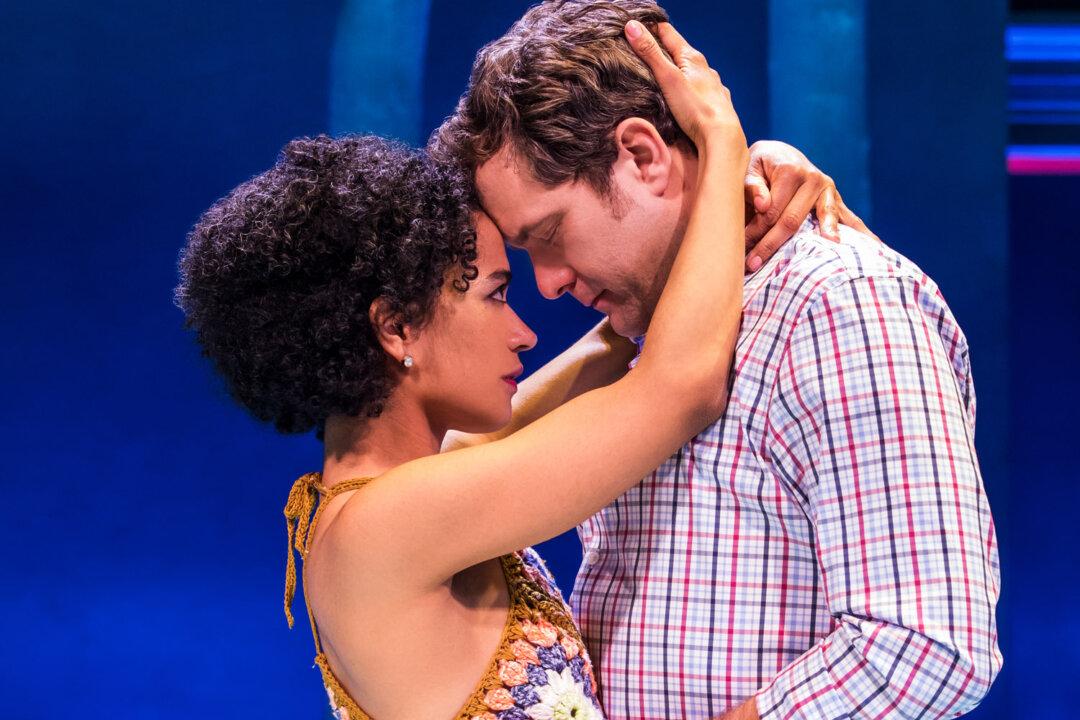NEW YORK—Taking place in a school for the deaf, Mark Medoff’s play presents a love story between Sarah (Lauren Ridloff), a young woman deaf from birth, and her speaking teacher James (Joshua Jackson).
But more than that, the play takes on the conflict between the deaf who would prefer not being forced to accommodate to a hearing world, and the other faction, those who read lips and do their best to learn to speak.





